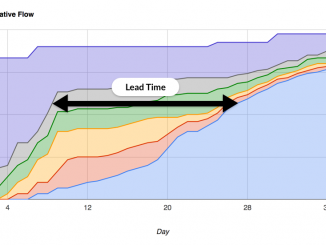Agile testing tutorials and how to content : Test-Driven Development (TDD), Behavior-Driven Development (BDD) and other agile approaches for software testing.
As traditional knowledge sharing is no longer an effective way to deliver great software, the presenter has modified the mob programming concept to mob testing to improve the way teams communicate. This innovative approach to software testing allows the whole software development team to share every piece of information early on.
If you are in bed with your partner but you are not collaborating, then nothing good is going to happen. This is thee same for quality assurance (QA) and software testing in Agile development projects.
There are still many people questioning the value of unit testing, and even more for the Test-Driven Development (TDD) approach. In this article, Krzysztof Jelski shares with us five metrics that should improve with the adoption of this agile practice for software development and testing.
There are a lot of examples on the web on how to introduce good agile testing and architectural patterns when you are starting a new software development project. In reality, even on newer projects, you are more often working in a less than ideal state.
This presentation shows what it is like working with Behavior Driven Development (BDD) frameworks like JBehave, Cucumber or Concordian. It proposes an effective alternative solution for BDD which is ‘Spock’ – a convenient, lightweight framework, based on the Groovy language.
Part of the .NET Foundation, xUnit.net is an open source unit testing tool for the .NET Framework (C#, F#, VB.NET, etc). xUnit.net works with ReSharper, CodeRush, TestDriven.NET and Xamarin.
A Coach’s Guide to Agile Testing is part of the nice series proposed to Agile coaches by Samantha Laing and Karen Greaves. This book provides a complete plan to run a workshop where members of a Scrum team can understand and learn the concepts behind Agile Testing.








